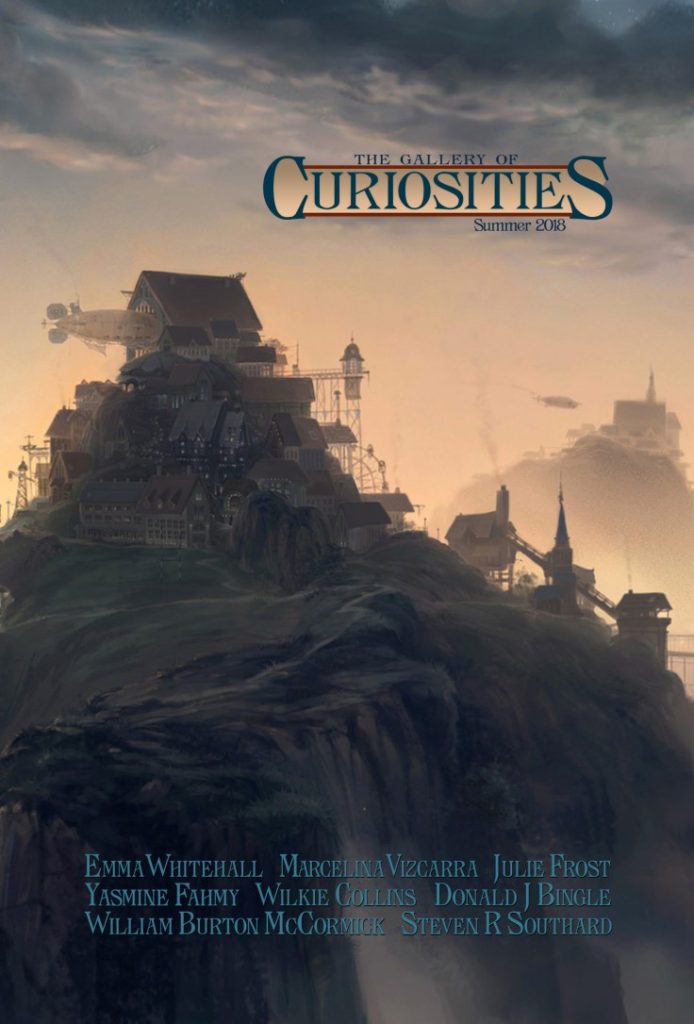In the movie Jurassic Park, the character Ian Malcolm says, “Your scientists were so preoccupied with whether they could, they didn’t stop to think if they should.” Today, I’m focusing on another technology topic, namely ethics in technology, or Technoethics.

Our species is innately curious and inventive. We possess large brains and opposable thumbs, but lack claws, shells, great speed, camouflaged skin and other attributes employed by animals to attack prey or to avoid becoming prey. These circumstances make us natural toolmakers.
From the beginning, we found we could use our tools for good or evil. The same stick, spear, bow and arrow, or rifle we used to kill a rabbit for dinner could also kill a fellow human. The different outcome is not inherent in the tool, but in the heart of the person employing it.
For each new technology in our history, there was at least one inventor. This person took an idea, created a design, and often used available materials to assemble the new item. Were these inventors responsible for, in Malcolm’s words, stopping to think if they should?
With some technologies, like the plow, the printing press, the light bulb, and the automobile, it’s certain their creators intended only positive, beneficial outcomes. The inventor of the automobile could not have foreseen people using cars as weapons, or that one day there’d be so many cars they’d pollute the atmosphere.
With other technologies such as the spear, the warship, the canon, and the nuclear bomb, the inventor’s intent was to kill other people. Why? The usual rationale is twofold: (1) My side needs this technology so our wartime enemy does not kill us, or (2) If I do not invent this technology first, my enemy will, and will use it against my side. Given such reasoning, an inventor of a weapon can claim it would be immoral not to develop the technology.
I’m sure there are unsung examples of would-be inventors refusing, on ethical grounds, to develop a new technology because they feared the consequences. The only example I can think of, though, is Leonardo da Vinci. Although he had no qualms about designing giant crossbows and battle tanks, he drew the line at submarines. Though at first excited about giving a submarine design to the Venetians for use against the Turks, da Vinci reconsidered and destroyed his own plans, after imagining how horrible war could become.
That example aside, the history of humanity gives me no reason to suspect future inventors will hesitate to develop even the most potent and powerful technologies. It’s our curious ape nature; if we can, we will. Only afterward will we ask if we should have.
As a writer of technological fiction, I’ve explored technoethics in many of my stories:
- In “The Sea-Wagon of Yantai,” a Chinese submarine inventor intends his craft as a tool of exploration, but an army officer envisions military uses.
- In “The Steam Elephant,” a British inventor sees his creation as a mobile home for safari hunters, but then imagines the British Army employing it on the battlefield. Only the narrator character fears what war will become when both sides have such weapons.
- In “Leonardo’s Lion,” da Vinci actually builds his inventions, but hides them away and gives clues to the King of France about where to find them. The King never sees the clues, but decades later a ten-year-old boy does, and must decide whether the world is ready for these amazing devices.
- In “The Six Hundred Dollar Man,” a doctor imagines how steam-powered prosthetic limbs would have saved crippled Civil War soldiers, but fails to foresee how super-strength and super-speed could turn a good person bad.
- In “Ripper’s Ring,” a troubled Londoner in 1888 comes across the Ring of Gyges that Plato wrote about, an invisibility ring. Possession of that ring changes him into history’s most famous mass murderer.
- In “After the Martians,” the survivors of an alien attack in 1901 take the Martian technology (tripods, heat rays, flying machines) and fight World War I.
As we smart apes start playing with bigger and more deadly sticks, maybe one day we will stop and think if we should before we think about whether we can. Hoping that day comes soon, I’m—
Poseidon’s Scribe






